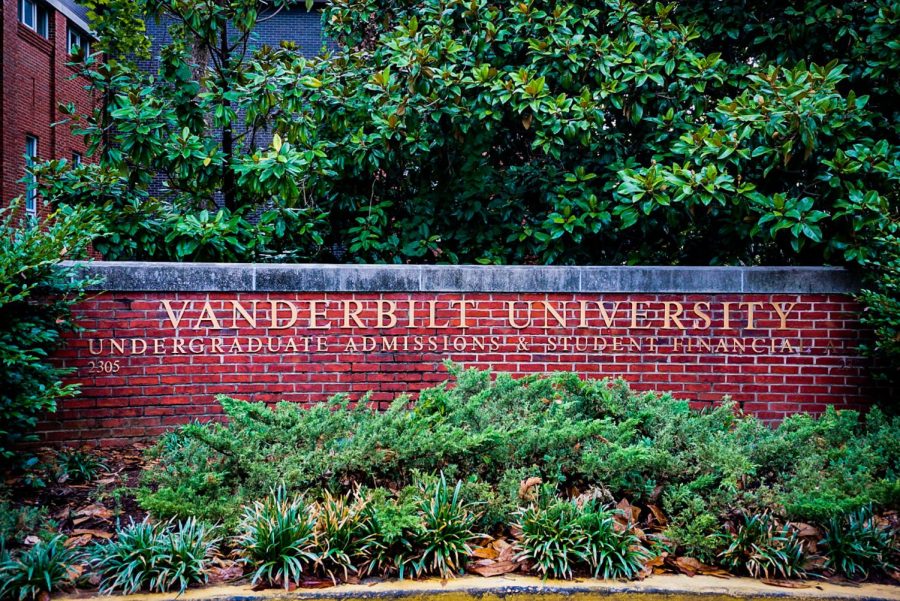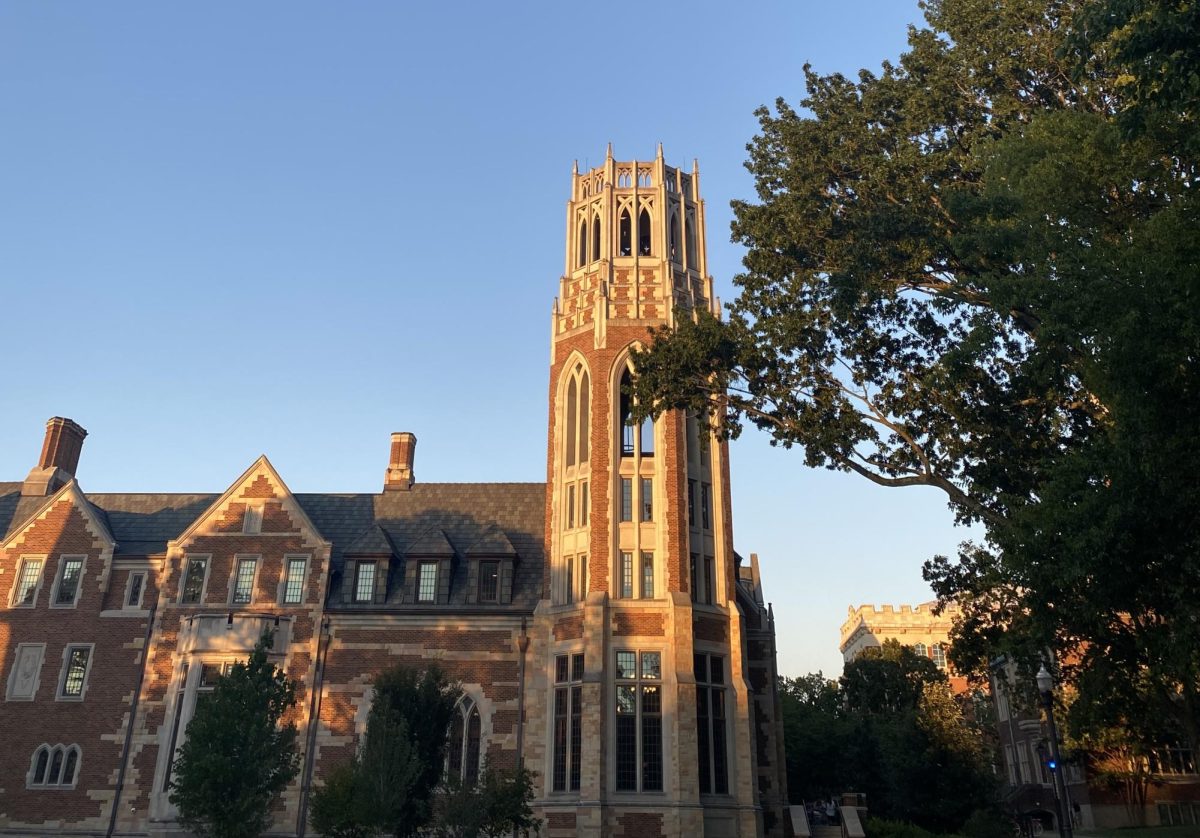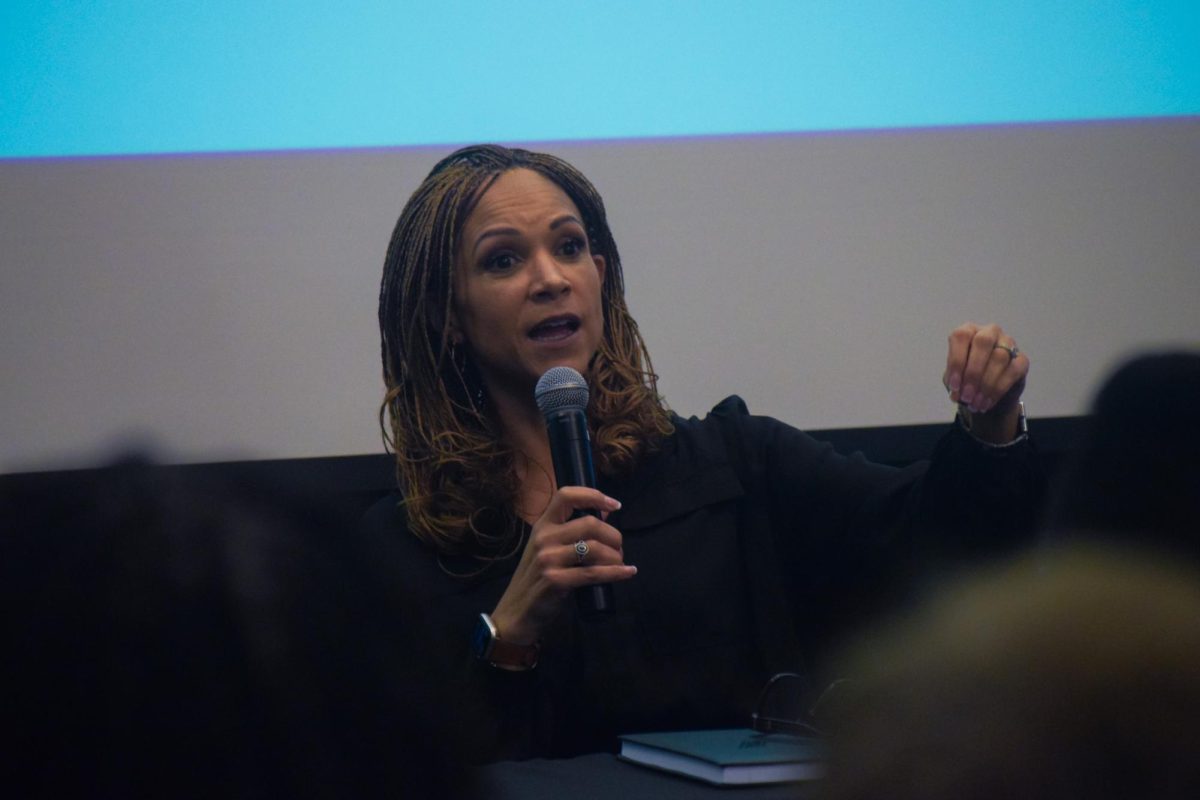The U.S. Supreme Court ruled 6-3 this morning that race-based affirmative action in college admissions violates the Equal Protection Clause of the Fourteenth Amendment to the Constitution. Vanderbilt, which previously “considered” race and ethnicity as an admissions factor, must now alter its undergraduate and graduate admissions processes.
In May, Vanderbilt formed a task force to address the future implications of this Supreme Court affirmative action decision. Dean of Admissions Douglas Christiansen, a co-chair of the task force, did not respond immediately to The Hustler’s request for comment. The directors of Vanderbilt’s graduate schools also did not immediately respond to requests for comment on how the ruling will affect their admissions processes. In an April 3 interview with The Hustler, Christiansen spoke about how Vanderbilt would react if affirmative action were to be outlawed.
“We’ll still have a holistic admissions process; we’ll still look at context; we’re still gonna look at the whole student,” Christiansen said. “We care deeply about diversity, and we’ll do everything we can to continue that, but we will need to comply with the law.”
The majority opinion in Students for Fair Admissions v. Harvard and its companion case Students for Fair Admissions v. University of North Carolina was written by Chief Justice John Roberts and joined by the five conservative justices. The three liberals dissented.
SFFA, a non-profit membership advocacy group, challenged the admissions processes of Harvard University and the University of North Carolina, claiming the universities intentionally discriminate against Asian American applicants. On Oct. 31, 2022, the Supreme Court heard oral arguments in the pair of cases questioning the constitutionality of race-based affirmative action in college admissions. Vanderbilt joined an amicus brief in the case in support of Harvard and UNC’s use of affirmative action.
Vanderbilt admissions and racial/ethnic diversity
According to the 2022-23 Common Data Set, racial and ethnic status is “considered” in the Vanderbilt undergraduate admissions process, though does not rise to the level of being “important” or “very important.” This data is self-reported by Vanderbilt. Other criteria “considered” in undergraduate admissions are legacy status, geographic residence and first-generation status. “Very important” factors include class rigor, GPA, application essays, extracurricular activities and personal qualities.
The websites of Vanderbilt’s graduate schools include a statement at the bottom that reads that they are “committed to the principles of affirmative action.” However, it is not explicitly stated how race and ethnicity are used in graduate admissions.
Vanderbilt has steadily increased racial/ethnic diversity on campus over time. Since 2013, the percentage of undergraduate students of color at Vanderbilt has increased from 29.6% to 45.3%.
Over the past 10 years, the Asian undergraduate student population has increased by 117%, the Black undergraduate student population has increased by 36% and the Hispanic/Latino undergraduate student population has increased by 46%. The white undergraduate student population at Vanderbilt has decreased by 30% in the last decade.
Vanderbilt’s Undergraduate Admissions website explains its commitment to diversity, equity and inclusion and ensuring the university is accessible to students from all demographics.
“Our office recognizes that by recruiting and building a class of diverse students of all backgrounds, and from all over the world, Vanderbilt continues to grow as a community in which every student brings their individual perspectives and imaginations to work, innovate, and create together,” the website reads.
Case reasoning
SSFA argued that giving certain minority applicants an advantage in the college admissions process because of their race was discrimination against applicants who did not receive such a boost. The universities disagreed and stated that their use of race was limited, just one of a myriad of factors and essential to achieve desired racial/ethnic diversity on their college campuses.
The Supreme Court had previously upheld a narrowly tailored use of race in college admissions in Grutter v. Bollinger (2003) and Fisher v. University of Texas (2016). Those cases affirmed there was a “compelling interest in obtaining the educational benefits that flow from a diverse student body” that could only be achieved through affirmative action. The Court effectively overruled Grutter in today’s case, similar to how it overruled Roe v. Wade (1973) last year in Dobbs v. Jackson Women’s Health (2022), eliminating a long-held federal right to abortion.
While racial quotas and point-based boosts were previously illegal in college admissions under the court’s precedents, consideration of racial or ethnic background is now banned in the process.
Conservative Justices Roberts, Thomas and Alito — who were part of today’s majority decision — dissented in Fisher. The Court’s balance of power has shifted since then with the additions of conservative Justices Gorsuch, Kavanaugh and Barrett appointed by former President Donald Trump.
“The student must be treated based on his or her experiences as an individual—not on the basis of race. Many universities have for too long done just the opposite. And in doing so, they have concluded, wrongly, that the touchstone of an individual’s identity is not challenges bested, skills built, or lessons learned but the color of their skin,” Roberts wrote in the majority opinion. “Our constitutional history does not tolerate that choice.”
Justice Sonia Sotomayor, the first Hispanic Justice of the Supreme Court, penned a dissent joined by Justices Kagan and Jackson, disagreeing with the Court’s ruling.
“Today, this Court stands in the way and rolls back decades of precedent and momentous progress. It holds that race can no longer be used in a limited way in college admissions to achieve such critical benefits,” Sotomayor wrote. “In so holding, the Court cements a superficial rule of colorblindness as a constitutional principle in an endemically segregated society where race has always mattered and continues to matter.”























